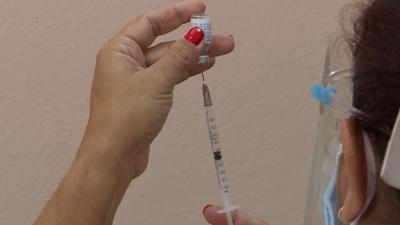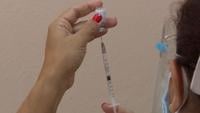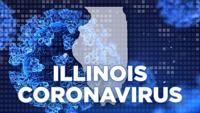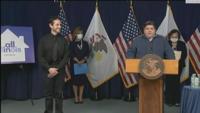(WSIL) -- Changes to the Health Care Right of Conscience Act of 1998 are a 'slippery slope' to the basic rights of Illinois residents, according to one lawmaker.
Senate Bill 1169 clarifies that vaccine requirements from employers, schools, government entities, etc. do not violate the act. Gov. JB Pritzker signed the bill into law Monday and goes into effect July 2022.
On Monday, Rep. Paul Jacobs (R- Pomona) called the signing of SB 1169 a 'dark day in Illinois'.Ìý
"Whether you have a particular reason for not taking for instance a vaccine or any type of medical treatment, you still have rights to do that," Jacobs said.
Prior to the signing, the law became a basis for lawsuits challengeing employers who enforce rules requiring testing for or inoculation against the coronavirus.
Jacobs says the bill opens the door to a slippery slope of simliar legislation.
"What do we do with STD's? Do we tell people you can't have sex?" Jacobs said."[It's] still left up to the individuals. We recommend that they use various protection devices but it's still not mandated by the government."
Jennifer Brobst, associate professor at the SIU School of Law, says the government has always had the power to make mandates in the interest of public health.
Workers suing their employers could find themselves in a tough spot, Brobst says.
"It's a contractual relationship when a person works for an employer," Brobst said. "[T]he court system will see it as 'if you don't like the conditions you can find a different job.'"














